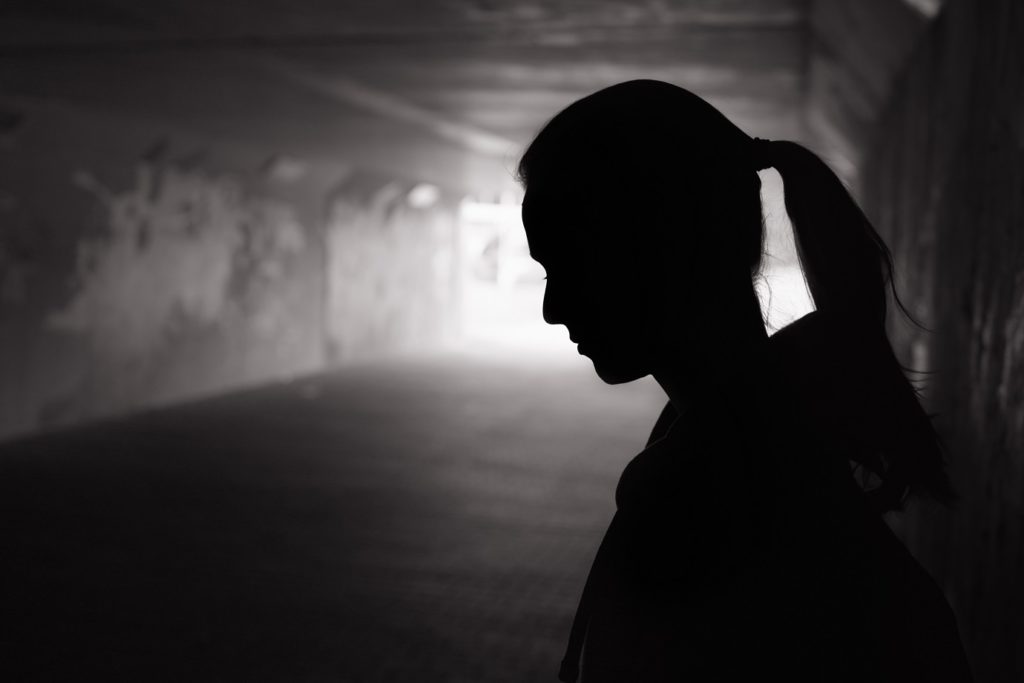In NSW, women will face the greatest risk of housing stress as the impacts of the recession deepen in 2021, new research from Equity Economics forecasts.
Women will also form the majority of the 360,000 people in NSW projected to be unemployed by July 2021.
Equity Economics’ report, A Wave of Disadvantage Across NSW: Impact of COVID-19, was commissioned by a group of NSW’s peak social services bodies, and warns without swift action, inequality will be entrenched across the state for years to come.
The report suggests mental health issues, unemployment, domestic violence, homelessness, and child neglect will surge across the state over the coming year.
According to the report, which looks forward to June 2021 when JobKeeper is scheduled to end, unemployment across NSW will peak at 9.5 per cent in January 2021. These are the highest unemployment figures that state has seen for a generation, with Equity Economics predicting it will risk deepening long standing inequities.
Women, Aboriginal and Torres Strait Islanders, single parents, people with long-term health conditions or disability and people with low education attainment are more likely to experience persistent disadvantage in the aftermath of COVID-19.
Across the state, homelessness will increase by 24 per cent (more than 9000 people) by June 2021, a result of the skyrocketing unemployment.
For women, a high rate of job losses and increases in domestic violence will lead to more homelessness and housing stress.
Mark Degotardi, CEO of the Community Housing Industry Association NSW, says homelessness and housing stress trends are driven by projected unemployment with women bearing the brunt of job losses.
“Before COVID-19 hit, women over 55 were the fastest growing group of homeless people in Australia. Now, in less than a year, tens of thousands of women in NSW will find themselves unemployed or on reduced incomes.
“There is a strong link between unemployment and domestic violence. The report forecasts the highest increase in domestic violence due to higher unemployment is expected to be in Sydney’s Inner West, North Sydney and Hornsby at 5.5%.
According to Degotardi, there simply isn’t enough social and affordable housing in NSW now to service the increasing demand of women on low incomes, single mothers and older women. Urgent investment from the NSW government is needed.
“With the demand set to skyrocket in less than a year, we must immediately begin increasing supply,” he said.
“Community housing providers across the state have projects in their pipelines that will create thousands of dwellings to help meet this need. But they need the NSW Government to back them in with secure funding and ongoing investment.
“Social housing construction not only creates a valuable asset and a social good; it’s also an incredibly jobs-intensive investment that will jumpstart our state’s economy. It’s a win-win proposition for the government and for women who need access to a secure home they can afford.
“The NSW Government has already flagged an investment for the social housing sector in the upcoming State Budget. We welcome this announcement as the first step towards addressing the housing crisis in NSW. What is important now is that this investment is significant and sustained.”


